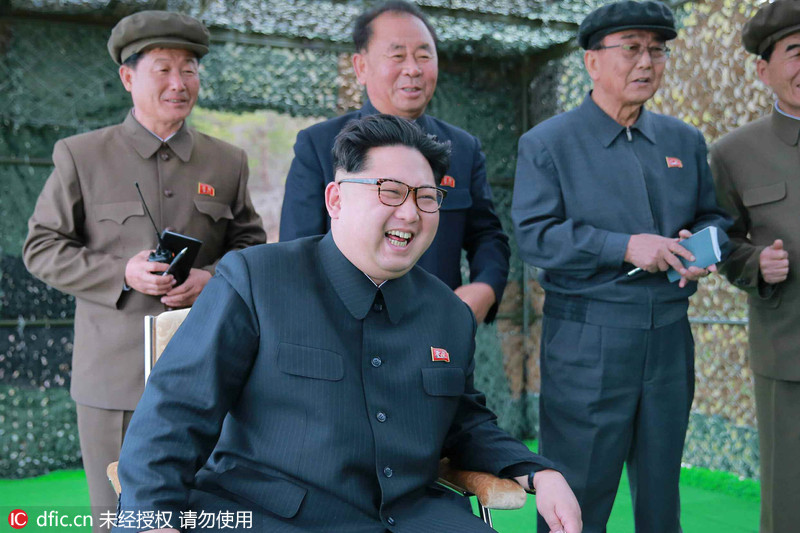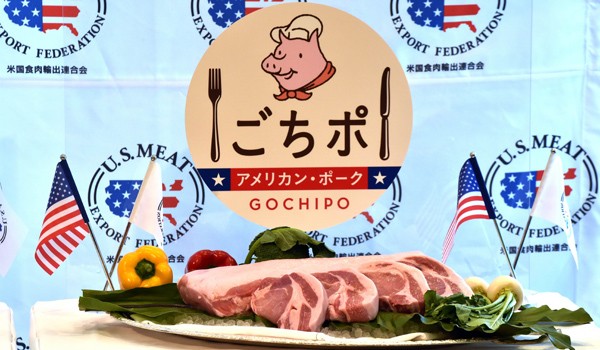
America Should Not Expect To Outsource North Korea Nuclear Problem to China
On April 23, 2016, North Korea sent out a submarine-launched ballistic missile, or SLBM, known as KN-11. Although South Korea announced that the missile flew for only 30 km (approximately 18.6 miles), which is much shorter than the minimum SLBM range of 300 km (approximately 186 miles), North Korea claimed this test was a “great success.” Nevertheless, this time, North Korea’s SLBM launch caused a great amount of shock. Hydrogen bombs, SLBMs — these “successful experiments” that Pyongyang announces — demonstrate the gradual advancement in North Korea’s military power.
Almost one day later Eastern time, North Korea’s Minister of Foreign Affairs Ri Su Yong issued a statement that if South Korea and America would halt their annual joint military exercise on the Korean Peninsula, North Korea would be willing to stop its nuclear testing.
Although this is not the first time North Korea has made such a statement, South Korea immediately rejected North Korea’s proposal and called it “absurd.” But there are also many people who believe that such a statement by North Korea represents its loosening stance, and overall it would be better than removing Seoul and the United States from "the face of the map” with a nuclear war.
Clearly, North Korea is putting pressure on the U.S. with two hands; however, the possession of nuclear power brings the entire situation on the Korean Peninsula to an unprecedented impasse since the armistice. Today, it is impossible to tell whether America and South Korea’s pressure or North Korea’s nuclear power possession is the chicken or the egg; in reality, the pace and impact of this vicious cycle are quickly growing and the real danger is getting closer.
Currently, the whole situation seriously lacks steadiness or support to prevent the further exacerbation of conflict. Some fears may actually come true under the mutual provocation happening on both sides. If both parties do not want the worst scenario to occur, they should not waste any important opportunities to restore stability and should avoid contributing more pressure to the situation.
Pyongyang tries to intimidate the bigger power by consistently pressuring the South Korea-America alliance. Therefore, forcing the latter to eventually “surrender” is perhaps not realistic. In truth, Pyongyang’s fourth nuclear test has brought more severe sanctions and an unprecedented number of America-Korea joint military exercises. If North Korea conducts a fifth nuclear test, the idea that South Korea and America will “kneel down” would be an impossible outcome.
Once the United Nations Security Council discusses tougher sanctions on North Korea, it will be difficult for China to bend the rules; this should be clear to Pyongyang.
From another perspective, however, America and South Korea’s sanctions and military exercises have already rendered North Korea extremely closed off. If North Korea does not actually use its ultimate power, how many more options does it have left?
In addition, Obama has also called on China to increase its pressure on North Korea. Even if China and North Korea have become enemies, the United States will not challenge the situation. Essentially, America will be outsourcing the nuclear problem to China, when this problem was clearly created by America’s own policy toward North Korea. China’s sanctions against North Korea are merely targeting North Korea’s ability to engineer nuclear weapons; therefore, China will unquestionably stay out of the “suffocation” of North Korean politics. This point is obvious to both America and North Korea.
Chinese people are truly worried about the breakout of war on the Korean Peninsula. We are witnessing the dwindling possibility of resolution but cannot do anything, which is extremely regretful and concerning. This is the healthy state of mind of a greatly responsible government.
However, if the situation does get out of control, China will not be among the first wave of unlucky countries. If America and North Korea are determined to continue this fight, we who do not have good solutions cannot pretend we have no solutions at all, and we cannot offer any peripheral assistance that could be irresponsible. China earnestly tried to settle the problem, but it is not because our endurance in dealing with the deterioration of the situation is lacking.
The tension in the peninsula has resulted in some strategic trends that are harmful to China’s national interests, such as threats by the U.S. and South Korea to deploy the Terminal High Altitude Area Defense system. Nevertheless, never underestimate China’s ability and determination to fight back at any point. No side should be acting with an extremely selfish attitude; they need to take other parties’ interests into account. Otherwise, we will have to pay a high price for harmful actions against others.

